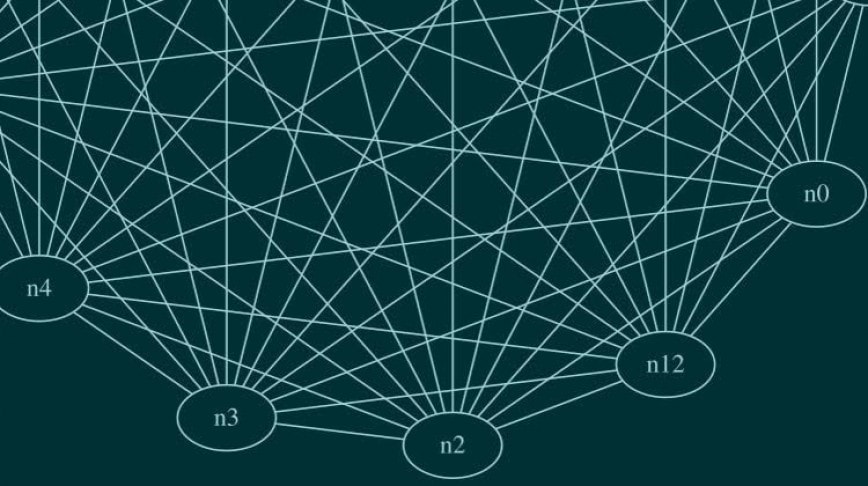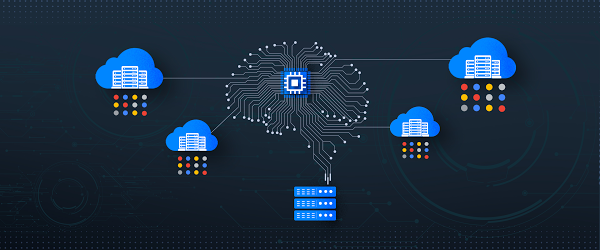
Move Your .NET Web Apps to the Cloud
February 11, 2020
Investment and diversity in the age of AI
February 12, 2020At Google Cloud, we repeatedly hear how important flexibility, openness, and choice are for your cloud migration and modernization journey. For enterprise customers that require dedicated hardware due to requirements such as performance isolation (for gaming), physical separation (for finance or healthcare), or license compliance (Windows workloads), we’ve improved the flexibility of our sole-tenant nodes to better meet your isolation, security, and compliance needs.
Sole-tenant nodes already let you mix, match, and right-size different VM shapes on each node, take advantage of live migration for maintenance events, as well as auto-schedule your instances onto a specific node, node group, or group of nodes using node affinity labels. Today, we are excited to announce the availability of three new features on sole-tenant nodes:
-
Live migration within a fixed node pool for bring your own license (BYOL) (beta)
-
Node group autoscaler (beta)
-
Migrate between sole- and multi-tenant nodes (GA)
These new features make it easier and more cost-effective to deploy, manage, and run workloads on dedicated Google Cloud hardware.
More refined maintenance controls for Windows BYOL
There are several ways to license Windows workloads to run on Google Cloud: you can purchase on-demand licenses, use License Mobility for Microsoft applications, or bring existing eligible server-bound licenses onto sole-tenant nodes. Sole-tenant nodes let you launch your instances onto physical Compute Engine servers that are dedicated exclusively to your workloads to comply with dedicated hardware requirements. At the same time, sole-tenant nodes also provide visibility into the underlying host hardware and support your license reporting through integration with BigQuery.
Now, sole-tenant nodes offer you extended control over your dedicated machines with a new node group maintenance policy. This setting allows you to specify the behavior of the instances on your sole-tenant node group during host maintenance events. To avoid additional licensing costs and provide you with the latest kernel and security updates while supporting your per-core or per-processor licenses, the new ‘Migrate Within Node Group’ maintenance policy setting enables transparent installation of kernel updates, without VM downtime, and while keeping your unique physical core usage to a minimum.




